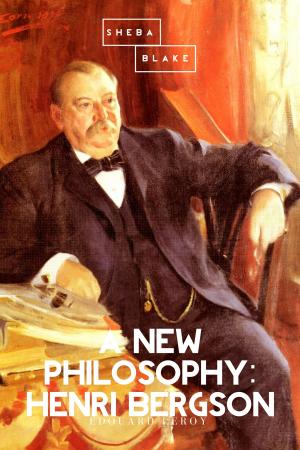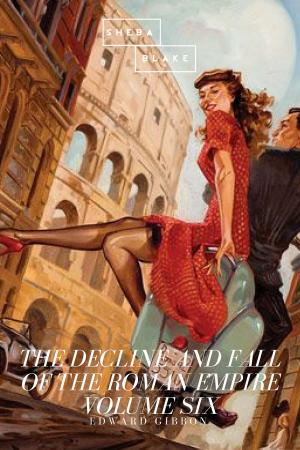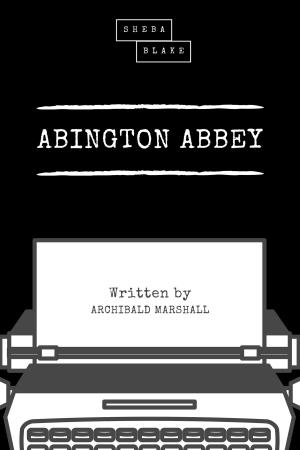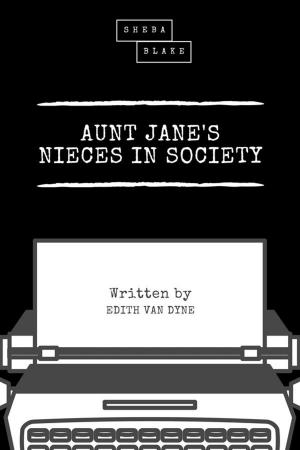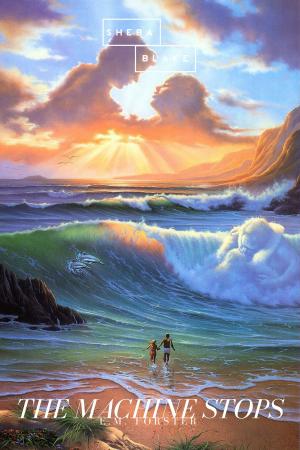| Author: | Honore de Balzac | ISBN: | 9783962178086 |
| Publisher: | Sheba Blake Publishing | Publication: | August 10, 2017 |
| Imprint: | Language: | English |
| Author: | Honore de Balzac |
| ISBN: | 9783962178086 |
| Publisher: | Sheba Blake Publishing |
| Publication: | August 10, 2017 |
| Imprint: | |
| Language: | English |
This short section of Honore de Balzac's vast story cycle The Human Comedy unfolds against the beautiful backdrop of the western coast of France. A couple on vacation have a chance encounter with a fisherman. After chit-chatting for a while, they take him up on his offer to shuttle them to a nearby island. Along the way, he recounts a heartbreaking local legend that puts a damper on the trip. Honore de Balzac (20 May 1799 – 18 August 1850) was a French novelist and playwright. The novel sequence La Comédie Humaine, which presents a panorama of post-Napoleonic French life, is generally viewed as his magnum opus. Owing to his keen observation of detail and unfiltered representation of society, Balzac is regarded as one of the founders of realism in European literature. He is renowned for his multi-faceted characters; even his lesser characters are complex, morally ambiguous and fully human. Inanimate objects are imbued with character as well; the city of Paris, a backdrop for much of his writing, takes on many human qualities. His writing influenced many famous writers, including the novelists Emile Zola, Charles Dickens, Gustave Flaubert, Jack Kerouac, and Henry James, filmmakers Akira Kurosawa and Eric Rohmer as well as important philosophers such as Friedrich Engels. Many of Balzac's works have been made into films, and they continue to inspire other writers. An enthusiastic reader and independent thinker as a child, Balzac had trouble adapting to the teaching style of his grammar school. His willful nature caused trouble throughout his life and frustrated his ambitions to succeed in the world of business. When he finished school, Balzac was apprenticed in a law office, but he turned his back on the study of law after wearying of its inhumanity and banal routine.
This short section of Honore de Balzac's vast story cycle The Human Comedy unfolds against the beautiful backdrop of the western coast of France. A couple on vacation have a chance encounter with a fisherman. After chit-chatting for a while, they take him up on his offer to shuttle them to a nearby island. Along the way, he recounts a heartbreaking local legend that puts a damper on the trip. Honore de Balzac (20 May 1799 – 18 August 1850) was a French novelist and playwright. The novel sequence La Comédie Humaine, which presents a panorama of post-Napoleonic French life, is generally viewed as his magnum opus. Owing to his keen observation of detail and unfiltered representation of society, Balzac is regarded as one of the founders of realism in European literature. He is renowned for his multi-faceted characters; even his lesser characters are complex, morally ambiguous and fully human. Inanimate objects are imbued with character as well; the city of Paris, a backdrop for much of his writing, takes on many human qualities. His writing influenced many famous writers, including the novelists Emile Zola, Charles Dickens, Gustave Flaubert, Jack Kerouac, and Henry James, filmmakers Akira Kurosawa and Eric Rohmer as well as important philosophers such as Friedrich Engels. Many of Balzac's works have been made into films, and they continue to inspire other writers. An enthusiastic reader and independent thinker as a child, Balzac had trouble adapting to the teaching style of his grammar school. His willful nature caused trouble throughout his life and frustrated his ambitions to succeed in the world of business. When he finished school, Balzac was apprenticed in a law office, but he turned his back on the study of law after wearying of its inhumanity and banal routine.


